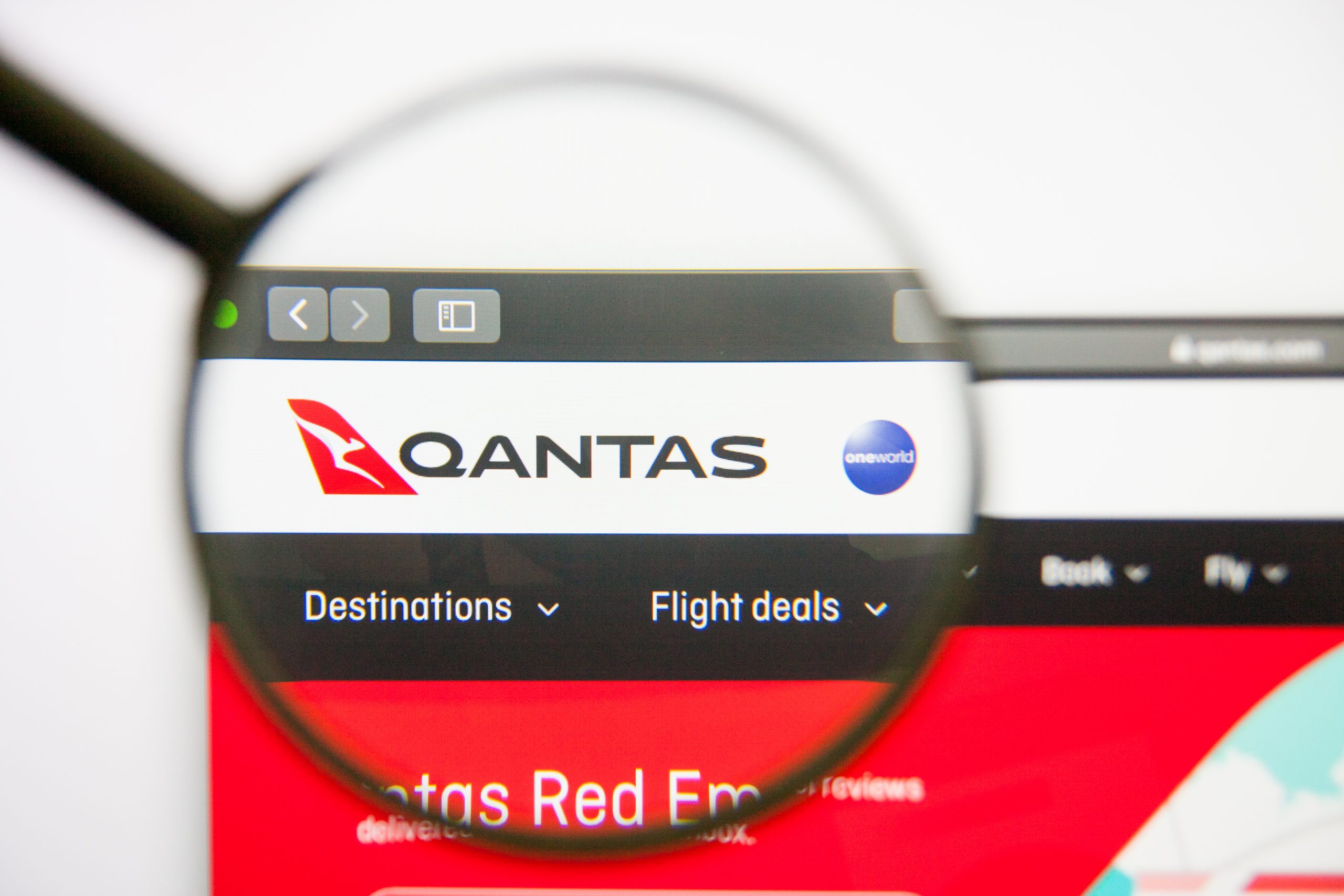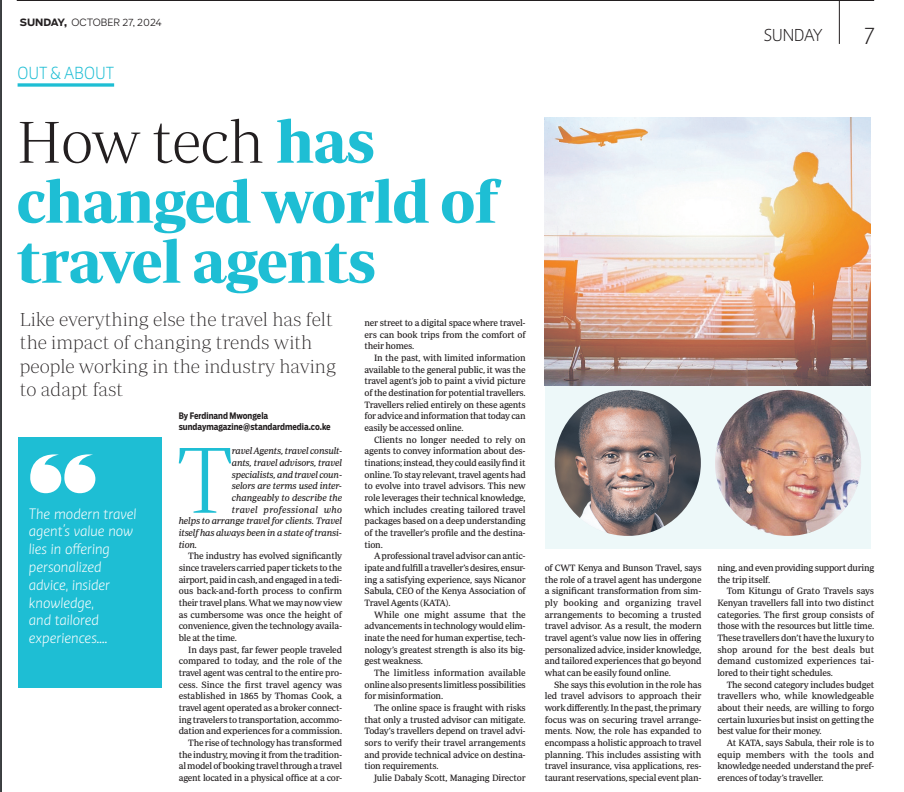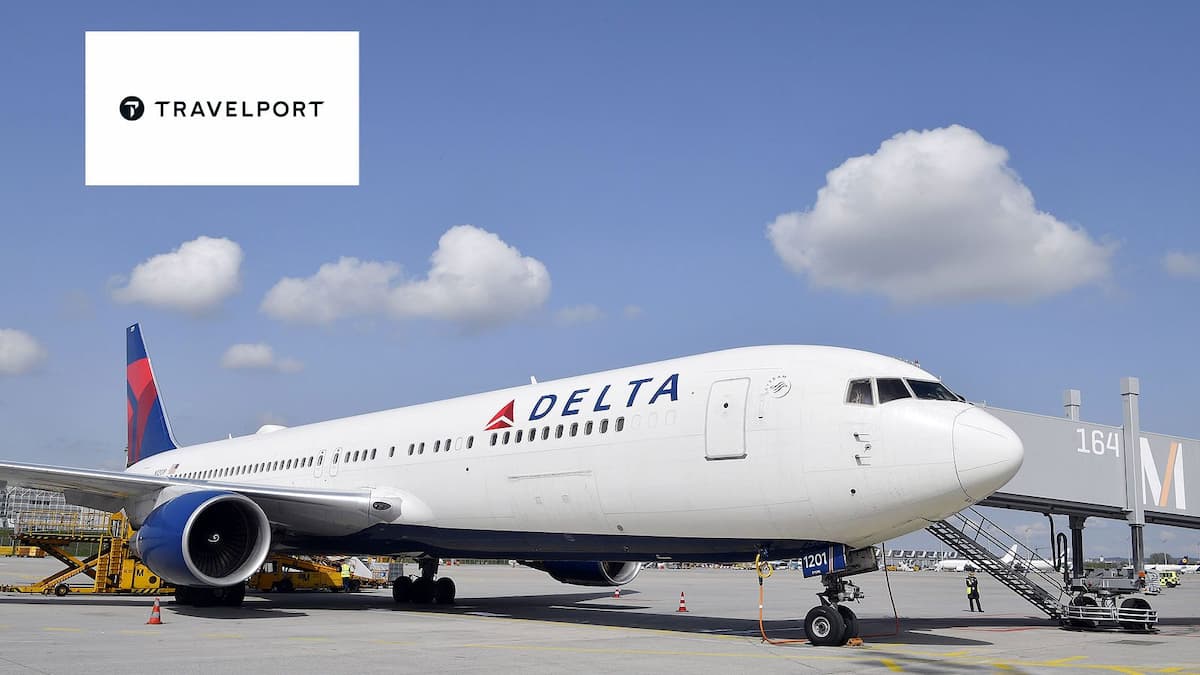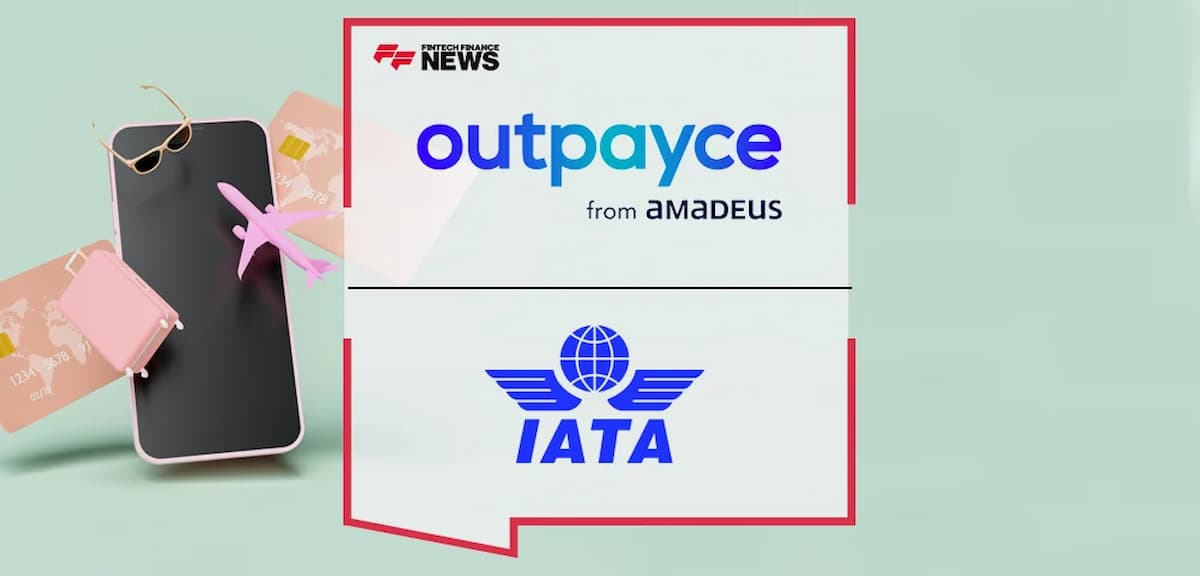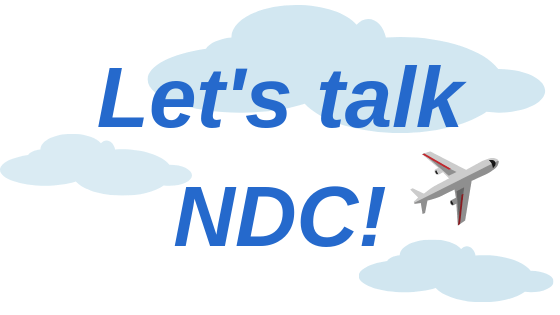SINGAPORE and SYDNEY, Dec. 5, 2024 /PRNewswire/ — Sabre Corporation (NASDAQ: SABR), a leading software and technology provider that powers the global travel industry, has extended its long-term distribution agreement with Qantas, Australia’s largest airline. This multi-year agreement reflects a continued commitment between Sabre and Qantas to deliver the widest breadth of content to travel agencies worldwide with the most flexible options, including comprehensive access to Qantas’ New Distribution Capability (NDC) content.
“At Qantas, we’re focused on enhancing our retailing capabilities to meet the dynamic needs of both travelers and travel agencies,” said Kathryn Robertson, Qantas Executive Manager, Global Sales & Distribution. “Our continuing collaboration with Sabre is central to our distribution strategy, helping ensure our customers can seamlessly shop, book, and service a comprehensive range of Qantas content via NDC. We’re excited to be able to offer agencies more flexibility and choice in the coming months through Sabre’s global marketplace.”
Sabre and Qantas have had a valued, long-standing distribution relationship, with Sabre being among the first global distribution systems to distribute the airline’s NDC offers in 2021. Under the renewed agreement, Sabre-connected agents will continue to be able to access the full range of traditional EDIFACT and NDC offers made available by Qantas.
“We’re delighted that Qantas continues to trust Sabre as a strategic distribution partner to advance their strategy,” said Chris Wilding, Senior Vice President, Air Distribution, Sabre Travel Solutions. “Just as we are committed to providing travellers with greater choice through our multi-source content platform, we also want to empower travel agents with enhanced flexibility and personalization in the way they do business. This renewed agreement highlights the joint commitment of Qantas and Sabre to creating a comprehensive marketplace that seamlessly meets the demands of a rapidly evolving travel ecosystem.”
About Sabre Corporation
Sabre Corporation is a software and technology company that takes on the biggest opportunities and solves the most complex challenges in travel. The Company connects travel suppliers and buyers around the globe and across the ecosystem through innovative products and next-generation technology solutions. Sabre harnesses speed, scale and insights to build tomorrow’s technology today – empowering airlines, hoteliers, agencies and other partners to retail, distribute and fulfill travel worldwide. Headquartered in Southlake, Texas, USA, Sabre serves customers in more than 160 countries around the world. For more information visit www.sabre.com.
About Qantas
Founded in 1920, Qantas is Australia’s national carrier and one of the world’s most recognized airlines. Known for its commitment to safety, innovation, and customer service, Qantas operates a comprehensive domestic and international network, connecting travelers to more than 85 destinations across Australia, Asia, the Americas, Europe, and the Pacific.
Source: Sabre

